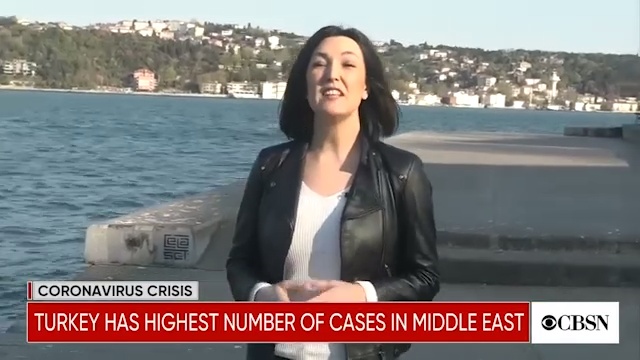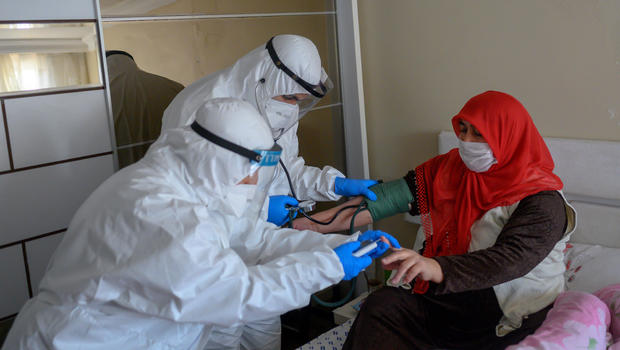Source: CBSNEWS

Instanbul — Turkey has the biggest coronavirus outbreak in the Middle East, with more than 117,000 confirmed infections. More than 3,000 people have died. But the government has a lower fatality rate than the global average estimated by the World Health Organization at over 3%.
Turkey’s Ministry of Health says the relatively low death toll is thanks to treatment protocols in the country, which involve two existing drugs — anti-malaria drug hydroxychloroquine, and Japanese antiviral favipiravir.
“Doctors prescribe hydroxychloroquine to everyone who is tested positive for coronavirus” Dr. Sema Turan, a member of the Turkish government’s coronavirus advisory board, told CBS News. Hospitalized patients may be given favipiravir as well if they encounter breathing problems, she said.
Turan said the combination of drugs appeared to “delay or eliminate the need for intensive care for patients.” But it’s important to note that Turkey’s use of the drug is not a clinically controlled trial; there’s no control group of patients not given the medication to compare the results against.
Measuring mortality

Mortality is essentially a measure of the proportion of people diagnosed with a disease who go on to die, so having an accurate picture of the number of infections is key.
Turkey has so far conducted about 948,000 COVID-19 tests, according to the data-gathering website worldmeters.info. That equates to a testing rate of about 11,200 people per million residents. By comparison, the U.S. has tested almost 19,000 people per million, and proactive Germany almost 25,000 per million.
See the original article: https://www.cbsnews.com/news/hydroxychloroquine-coronavirus-covid-19-treatment-turkey/
See related:
India Authorizes Hydroxy-Chloroquine For Coronavirus Infection Prevention
776 doctors urge the U.S. President to remove limits on hydroxychloroquine for virus outpatients
